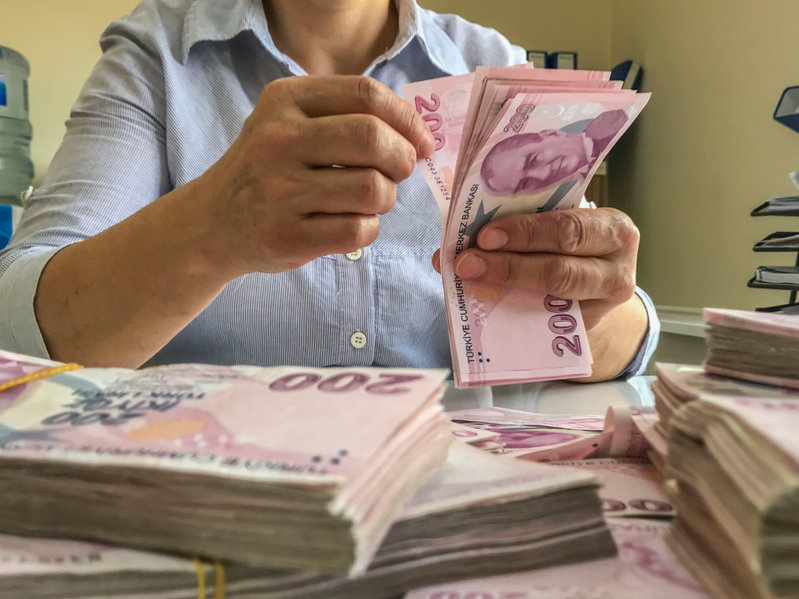The Central Bank of the Republic of Türkiye (CBRT) has decided to maintain its policy rate at 50% for the fifth consecutive month in August.
The decision underscores the central bank’s cautious approach as it navigates a challenging economic environment marked by persistent inflationary pressures and global uncertainties.
The CBRT’s Monetary Policy Committee opted to keep the one-week repo auction rate unchanged at 50%, a move widely anticipated by economists given the potential risks associated with any policy shifts.
The decision to hold the rate steady follows a significant tightening cycle, during which the central bank raised its policy rate by 4,150 basis points since June 2023, including a notable 500 basis point hike in March, aimed at curbing a deteriorating inflation outlook.
This strategy reflects the CBRT’s commitment to combating inflation while avoiding abrupt changes that could destabilize the broader economy.
By maintaining the rate at its current level, the central bank signals its intent to prioritize inflation control while remaining vigilant to evolving economic conditions.
Turkey’s inflation forecast for 2024 stands at 38%
The CBRT’s inflation forecast for the end of 2024 stands at 38%, with a more ambitious target of 14% by the end of 2025.
However, these targets have been met with skepticism from market analysts, who question the feasibility of achieving such significant reductions in the face of ongoing economic challenges.
Current market expectations place inflation in 2024 at around 42%, reflecting the uphill battle the central bank faces in stabilizing prices.
Economists suggest that the CBRT may consider cutting the policy rate later this year or in early 2025, depending on the trajectory of inflation and broader economic conditions.
However, such a move will require careful timing to avoid reigniting inflationary pressures that could undermine the progress made thus far.
Turkey’s monetary policy decisions must be viewed within the broader global economic landscape, where interest rates have reached historic highs in major economies like the US and Europe.
Lowering interest rates in Turkey could stimulate domestic consumption, potentially boosting economic activity but also risking a resurgence in inflation—a concern that looms large given the country’s reliance on imports and foreign currency.
The rising cost of the US dollar, driven by high interest rates maintained by the US Federal Reserve and the European Central Bank, poses additional challenges for Turkey.
Any premature reduction in interest rates could lead to short-term price stability but might also erode the gains achieved in recent months, particularly if inflationary pressures re-emerged.
CBRT’s Stance and Market Reactions
During an inflation report presentation on August 8, CBRT Governor Fatih Karahan reaffirmed the bank’s commitment to a tight monetary policy stance, reiterating the inflation forecasts for 2024 and 2025.
This cautious approach has garnered mixed reactions from economists and market analysts. While some commend the central bank’s resolve in tackling inflation, others express doubts about the realistic attainment of its ambitious targets.
The CBRT’s decision to maintain the policy rate at 50% reflects the complex economic landscape in Turkey. As the central bank navigates these challenges, the timing of any future rate cuts will be crucial in determining the country’s economic trajectory and its ability to manage inflation while fostering sustainable growth.
The post Turkey’s central bank holds interest rate at 50% amid persistent inflation concerns appeared first on Invezz
